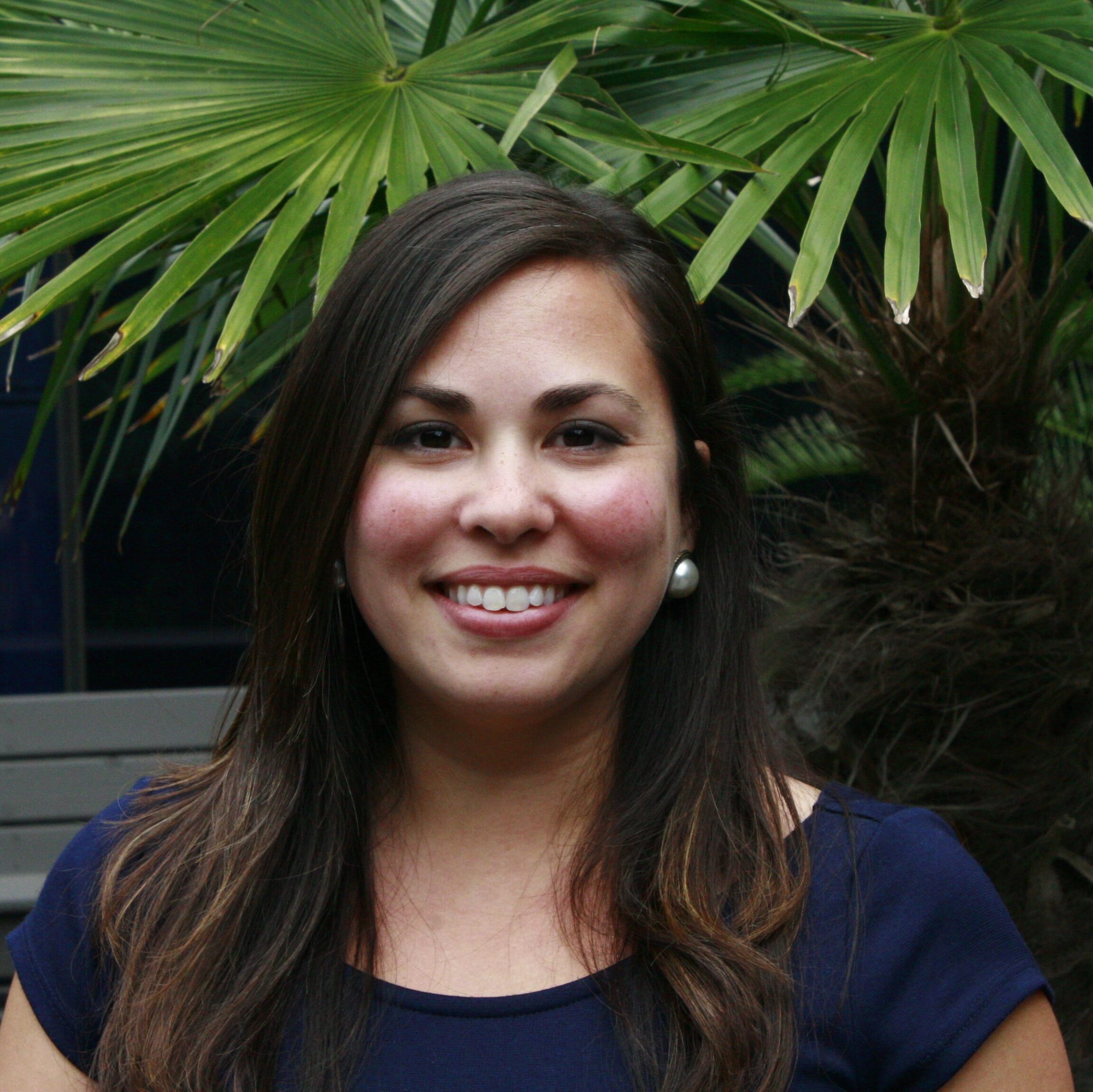Three Simple Ways to Get Yourself Unstuck!
 At any given point in our lives, there is at least one area where we can feel a little stuck. Sure, there are ‘problems’ that can have a clear, easy solution. And then there are those issues that are much more difficult to solve. These things can be anything from a pattern of feeling low within ourselves to a troubled relationship that just feels stuck! And when we have had enough, the familiar phrase comes flashing through our minds in all caps: “I’M SO TIRED OF FEELING THIS WAY!” We are stuck. So often, the frustration we feel makes it difficult to see any other possibilities beyond our struggle. With this in mind, there are a few tips to help unencumber our hearts by simply paying attention to our hidden thoughts.
At any given point in our lives, there is at least one area where we can feel a little stuck. Sure, there are ‘problems’ that can have a clear, easy solution. And then there are those issues that are much more difficult to solve. These things can be anything from a pattern of feeling low within ourselves to a troubled relationship that just feels stuck! And when we have had enough, the familiar phrase comes flashing through our minds in all caps: “I’M SO TIRED OF FEELING THIS WAY!” We are stuck. So often, the frustration we feel makes it difficult to see any other possibilities beyond our struggle. With this in mind, there are a few tips to help unencumber our hearts by simply paying attention to our hidden thoughts.
Cognitive Behavioral Therapy (CBT) is a type of therapy that exposes the powerful relationship between our thoughts, feelings, and behaviors. When even one negative thought cycles through us, it can torpedo us into feelings and behaviors that go on for long periods of time. The distress that often accompanies these unhealthy imposters is so often confused as part of us, when in fact – it is not. CBT brilliantly exposes these unhealthy thoughts and helps us to replace them with kinder, more helpful thoughts. Though effective CBT is best done with a trained clinician, there are exercises we can borrow from this clever treatment method.
- Become aware of your thoughts.
For one day, practice writing down some of the thoughts that filter through your mind about yourself and others. This includes both positive and negative thoughts. For example, “I am not as interesting as everyone else, I am boring” or “my boss recognized my work, I am good at my job”. As you begin writing them out, notice what feelings come up within you; then write those down next to the thoughts. To continue with our example, “I feel unvalued and hopeless” or “I feel appreciated”. In this step, your only job is to become aware of your thoughts and how much influence they have on your emotions.
{Note: This can sometimes be uncomfortable. However, remember that we grow the most in our discomfort. To become truly unstuck requires courage, so take heart and believe in yourself!}
- Challenge your thoughts.
Continue the daily process of noticing your thoughts and consequent feelings. In the more troublesome thoughts, begin to challenge them with healthier, more compassionate alternatives. For example, “It is impossible to be found interesting by every human person. Certain people find me interesting, and I enjoy being myself.” This can be applied to our interactions with others, as well. For example, a superior at work is short with us and we automatically believe it is because we are unsatisfactory or disliked. We can challenge this thought with an alternative: “There are a number of factors that can contribute to someone being short with me, many of which might have nothing to do with me.” Remember, the key to this step is to find different patterns of thinking that help us feel kindness towards ourselves.
- Allow change to occur.
If one is able to commit to these simple practices for a long period of time, transformation will inevitably occur. Our ability to commit to this practice long-term often hinges on making small changes that are sustainable over time. Therefore, do not try to be overly ambitious! Be patient and kind with yourself as you learn and grow. Our gradual transformation can affect our relationship with ourselves, as well as others! Change often feels foreign and scary, because it is unknown territory. However, the gift of changing our thought patterns empowers us as we learn: we have so much more control over how we feel than we realize.
Bonus! If you find you are excelling at this practice and want to master positive self-talk, consider speaking to yourself using your name. For example, rather than saying “I am a talented person” – speak to yourself and say “Lesley, you are a talented person!” However silly this may sound, studies have shown that this very small adjustment makes a world of difference in our self-image and ability to believe in ourselves! If you are feeling really adventurous, try using a more advanced log to track your thoughts, feelings and behaviors. You can read up on some of the nuts and bolts of CBT here. Please be advised that these practices can often bring up things in us we might not have realized were there. If you feel at any point you would like someone to walk with you in your self-discovery – please reach out for help. The beauty of this practice is that we can empower ourselves to take charge of our thoughts, emotions and behaviors with just a little effort!
Enjoy the journey!
Lesley Anne Mendonça
M.A., LMFT-Associate, LPC-Intern
Supervised by Dr. Amy Fuller, LMFT-S, LPC-S








